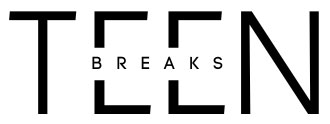
Down Syndrome Should Not Be a Death Sentence
There is more good news for babies with Down syndrome. Children and teens with Down syndrome are setting new records proving their abilities and competing with what society considers normal.
A young 6th grader, Lily, is appearing in a new TJ Maxx commercial. Lily considers herself unique, brave, and beautiful; and rightly so. She exudes confidence and is truly an inspiration. Her commercial has gone viral, with more than 4 million views on YouTube.
Meanwhile, a teen with Down syndrome makes her mark on social media and the world after her mom videoed Rachel Grace reading her college acceptance letter. Viewers have watched Rachel’s excitement over 12 million times on Facebook shouting I Got In! (Video can be seen here.)
Although Rachel had considered attending four special needs schools, she opted to live independently by applying to East Stroudsburg University in Pennsylvania.
These girls’ stories may go far beyond their celebrations, as they show the world that people with Down syndrome can do amazing things and are valuable assets to their families and society. At a time when 90% of unborn babies are aborted because their mothers have been told that they have Down syndrome, these two girls are shining examples that a Down syndrome diagnosis should not be a death sentence.
Both Indiana and North Dakota have recently passed legislation banning abortion of Down syndrome babies based on not discriminating against babies with disabilities. Unfortunately, both of these laws are now being challenged by Planned Parenthood and abortion rights groups.
Rights for people with disabilities have advanced greatly in recent decades, and it is vitally important to continue in that direction.
